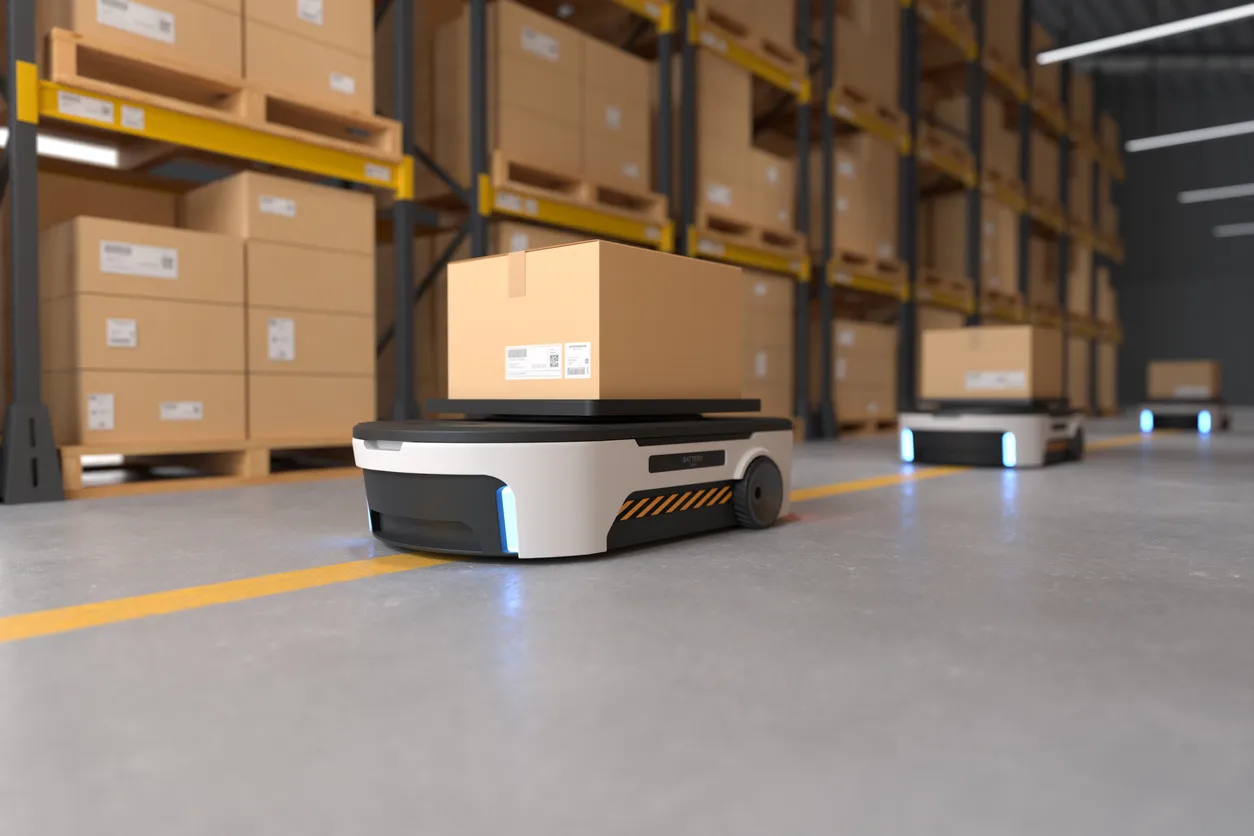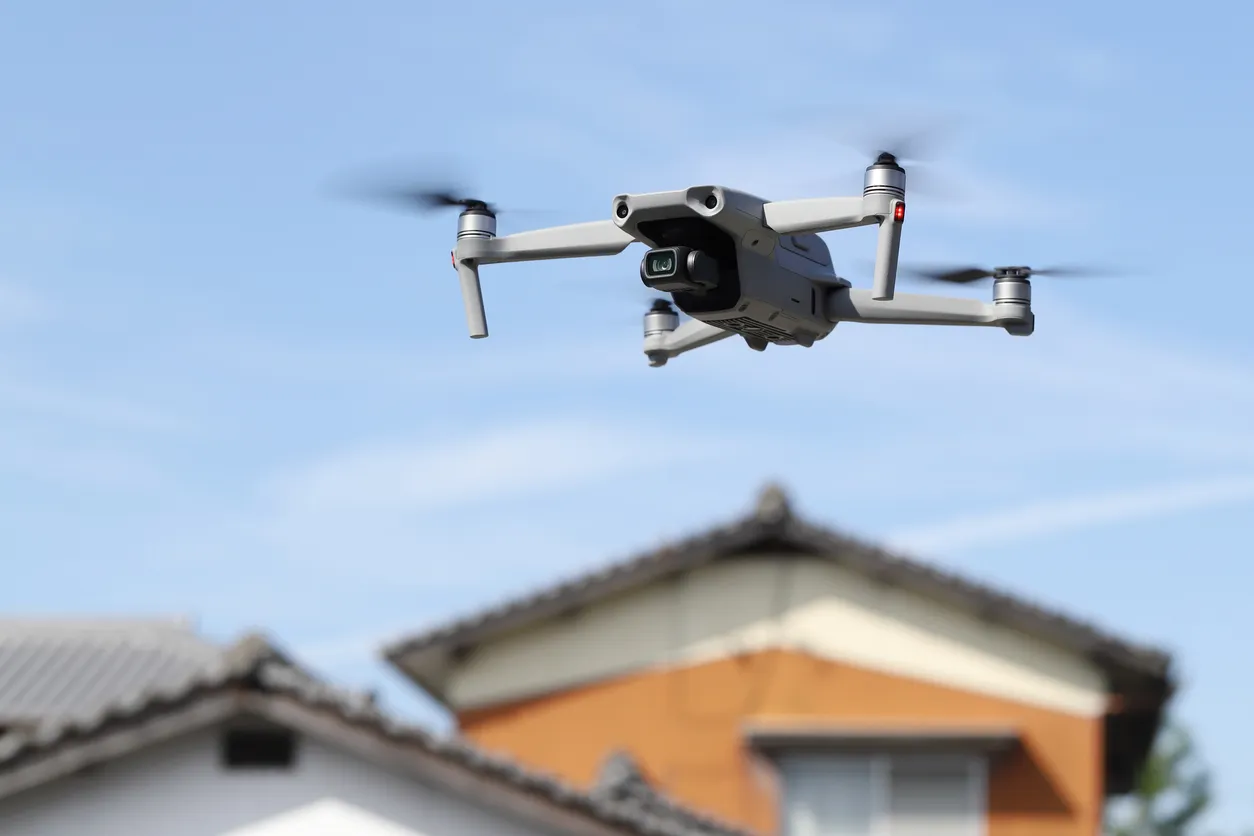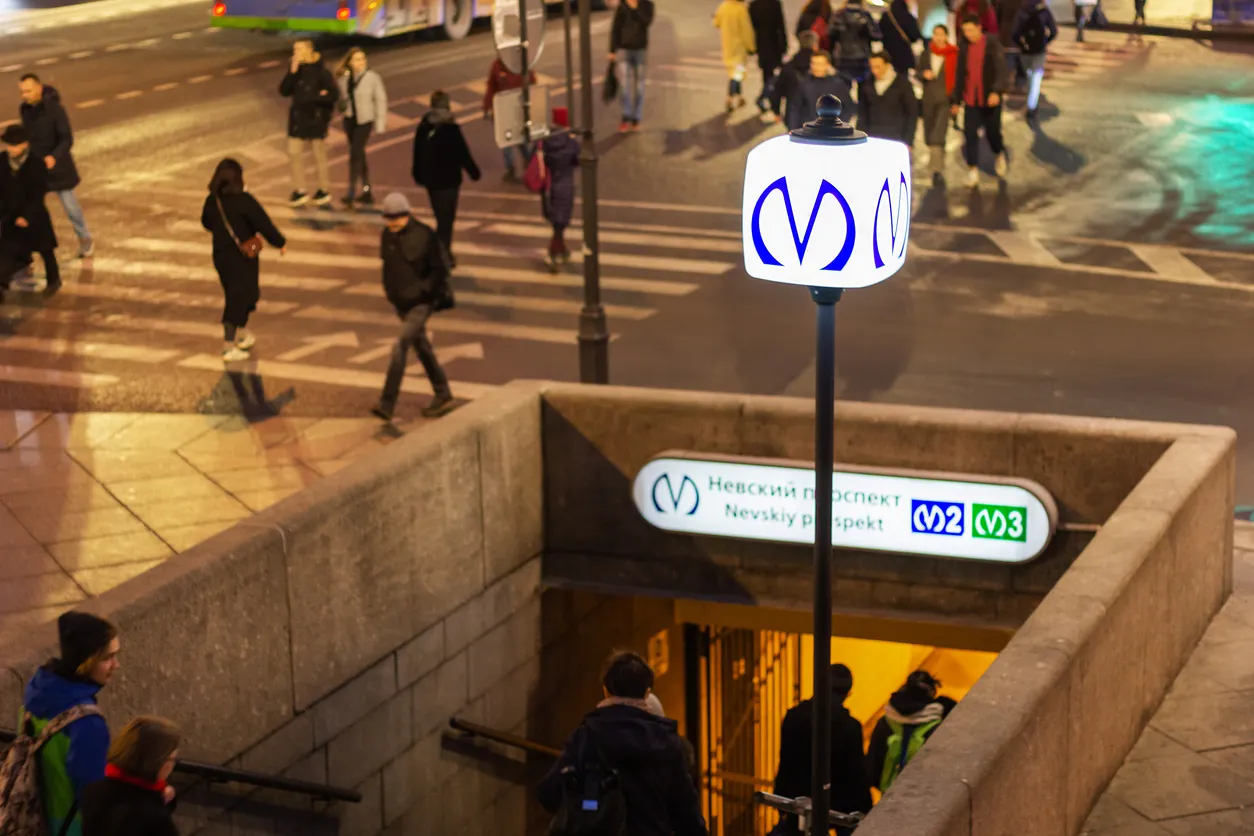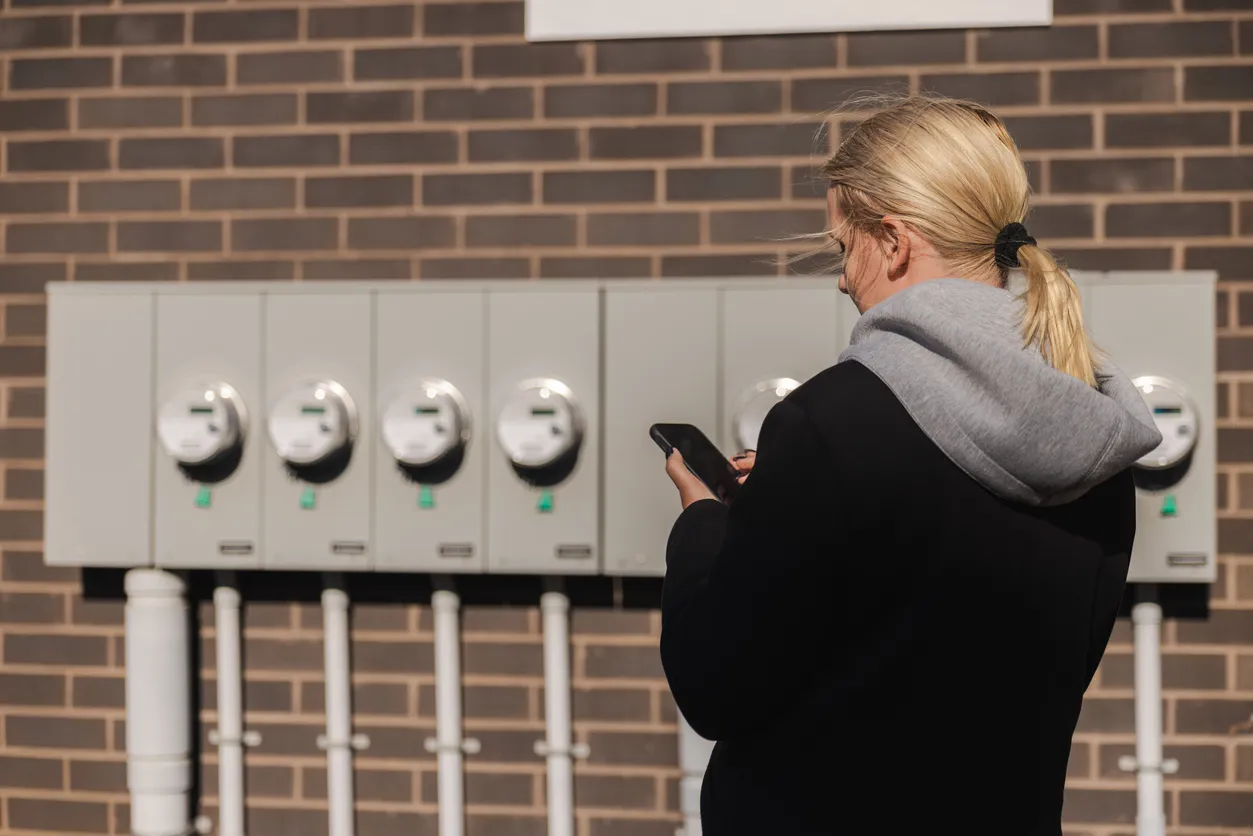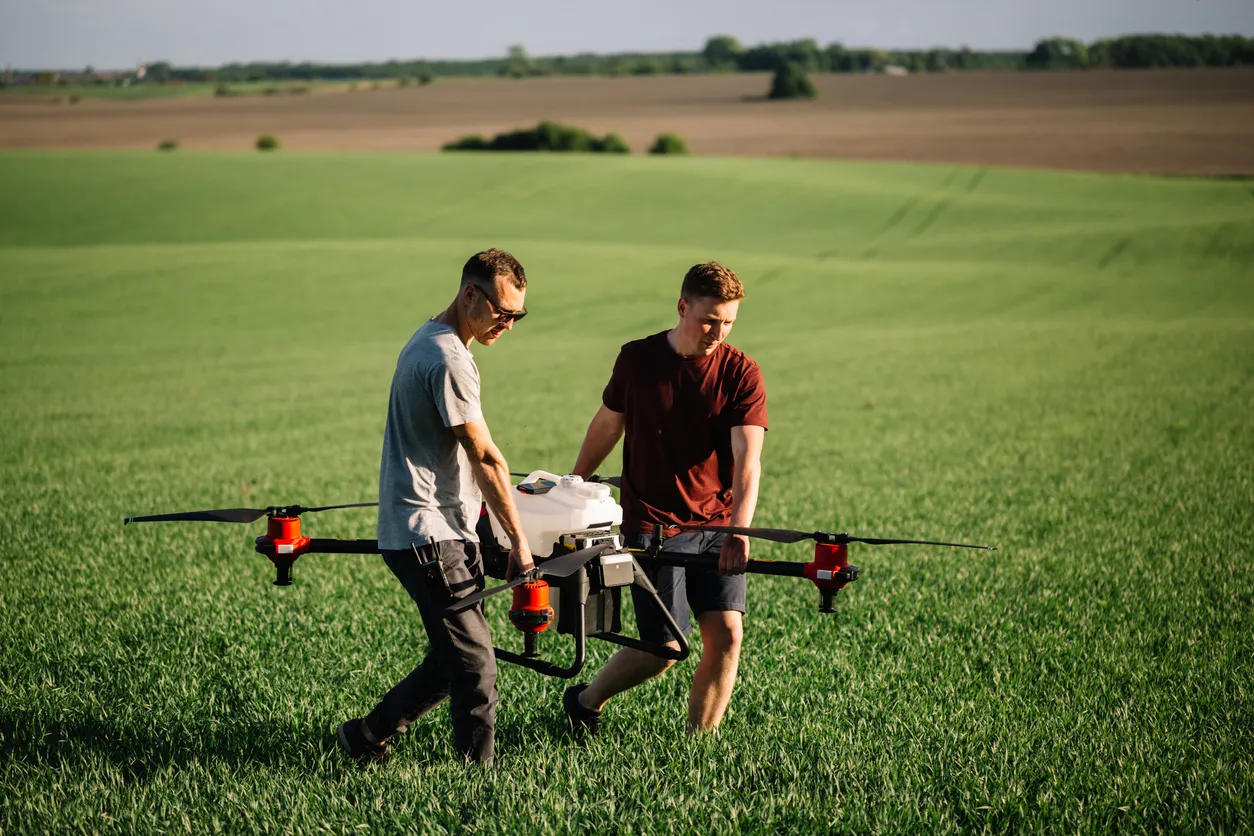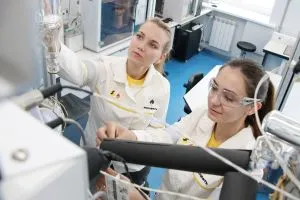In Russia, Robots “Break” Laptops to Spare Users the Stress
A new generation of Russian robotic testing systems is pushing laptop durability standards higher, stress‑testing devices so consumers don’t have to.

A Fully Automated Approach to Durability Testing
The Russian Rikor Group has launched one of the country’s first fully robotic labs for laptop reliability testing, located in the city of Arzamas. The automated complex conducts a full cycle of mechanical evaluations, enabling faster and more precise performance assessments.
The testing line includes nine categories of checks—repeated lid opening, hinge stress tests, keyboard verification, cable‑bend endurance, and resistance of the laptop’s exterior to environmental factors.
Simulating Real‑World Use Cases
Robots recreate real‑life usage scenarios: tens of thousands of keypresses, side‑load stress on mountings, repeated insertion and removal of connectors and cables. Corrosion‑resistance tests are also part of the process: a specialized chamber generates salt fog to evaluate material durability.
The complex can process up to 300 laptops per hour, significantly enhancing quality‑control capabilities while reducing dependence on manual labor.
According to company representatives, the lab aims to demonstrate that Russian laptops can meet high international standards not only in terms of functionality but also durability. Automation ensures consistent testing conditions, eliminates human error, and stabilizes results.
Building a Modern Industrial Base
Domestic electronics manufacturers are increasingly adopting robotic systems to enhance product quality and improve global competitiveness. The new testing complex is part of a broader national trend: the development of a modern industrial foundation centered on technological independence.





